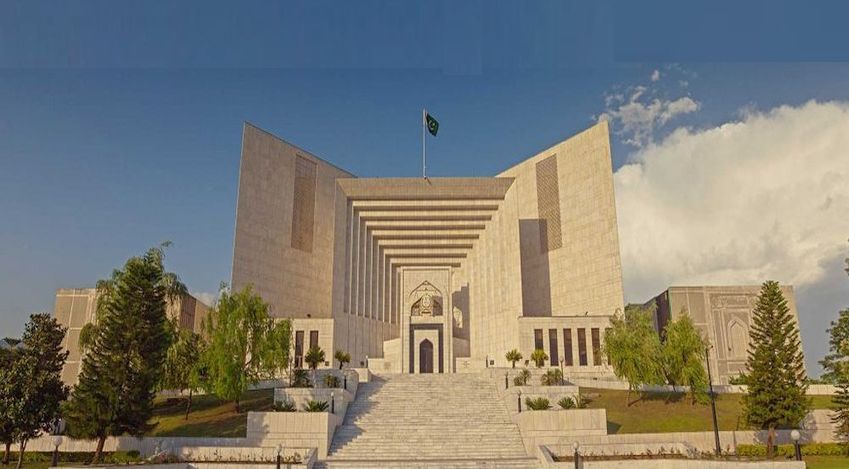Supreme Court of Pakistan Upholds Input Tax Adjustment for Factory Labour Colonies
Islamabad 07-03-2025: In a significant judgment, the Supreme Court of Pakistan has ruled in favor of M/s Flying Kraft Paper Mills (Pvt.) Limited and Matiari Sugar Mills, Karachi, allowing input tax adjustment on electricity and gas used in labour residential colonies within factory premises. The ruling, delivered in [Civil Appeal No. 316/2022 & Civil Petition No. 483-K/2021], settles a long-standing tax dispute regarding the interpretation of Section 7(1) of the Sales Tax Act, 1990.
The dispute arose after the Commissioner Inland Revenue, Corporate Zone, RTO Peshawar, and Commissioner Inland Revenue, Legal LTO, Karachi, challenged the taxpayers’ claim for input tax adjustment on utility bills for worker accommodations. The department argued that input tax adjustment is only permissible for taxable supplies, contending that electricity and gas used in labour colonies do not qualify.
However, the Tribunal and High Court had ruled in favor of the taxpayers, concluding that since the labour colonies were part of the registered manufacturing premises, input tax adjustment was justified. The case was then escalated to the Supreme Court of Pakistan.
In its detailed judgment, authored by Mr. Justice Muhammad Shafi Siddiqui, the Supreme Court of Pakistan upheld the previous rulings and dismissed the Revenue Department’s appeal. The Court emphasized several key legal principles:
- The Court noted that the entire factory, including worker accommodations, was registered as a single manufacturing unit.
- Since these colonies ensure uninterrupted production by housing workers close to their workplace, their utility costs are a direct business expense.
- The Court reaffirmed that tax laws should be interpreted in a way that facilitates business operations, citing the precedent set in Sheikhoo Sugar Mills Ltd. Vs. Government of Pakistan (PTCL 2001 CL 331).
- The Supreme Court of Pakistan clarified that input tax adjustment is permissible when there is a legitimate connection between the tax paid on purchases and the output tax on sales.
- Since worker accommodations contribute to the manufacturing process, the electricity and gas used qualify as direct manufacturing expenditures.
- The Court criticized the Revenue Department’s attempt to disallow input tax adjustment on an arbitrary basis, stating that a facility explicitly provided under the Sales Tax Act, 1990, must be granted to taxpayers.
The Supreme Court of Pakistan dismissed the Revenue Department’s appeal, ruling that the input tax adjustment claimed by the taxpayers was legally valid under Section 7(1) of the Sales Tax Act, 1990. Consequently, the connected Civil Petition for Leave to Appeal (CPLA) was also dismissed.
This ruling sets a strong precedent for manufacturers with registered labour colonies, providing clarity on the treatment of business-related expenses under tax laws. Legal experts view this judgment as a major victory for industrial taxpayers, as it prevents arbitrary tax disallowances and ensures that tax laws are interpreted fairly.
For businesses operating in manufacturing sectors, the judgment reinforces the principle that essential facilities for workers can be considered part of the overall production process, allowing legitimate input tax adjustments.
With this landmark decision, the Supreme Court of Pakistan has once again affirmed taxpayer rights, ensuring that legally permissible tax adjustments cannot be denied on technical grounds. The ruling is expected to influence future tax litigation and provide greater certainty for industries reliant on in-house labour accommodations.
Powered by Froala Editor








